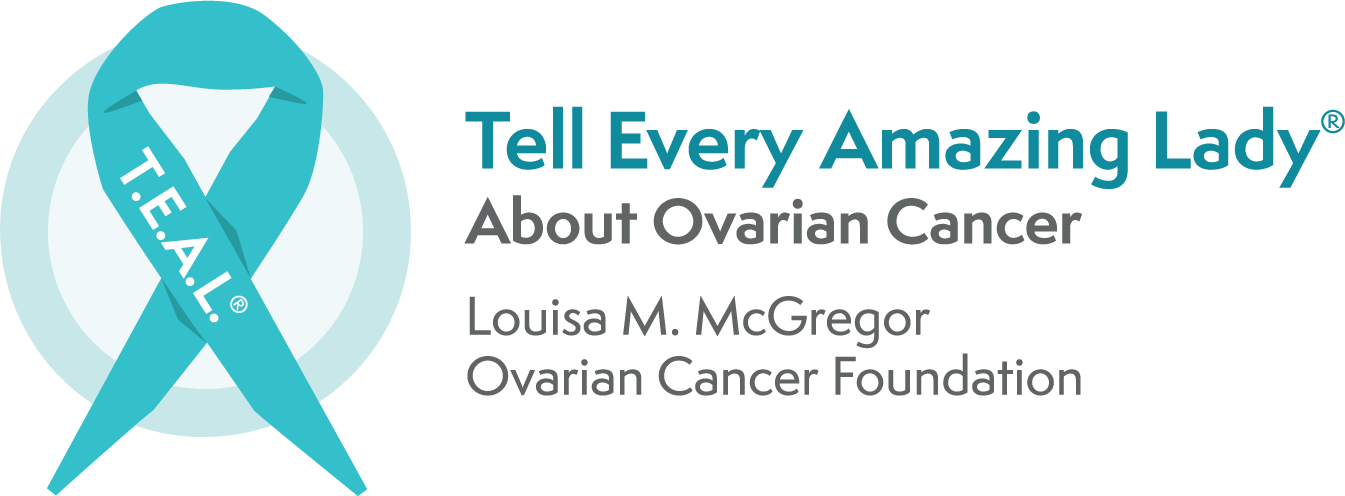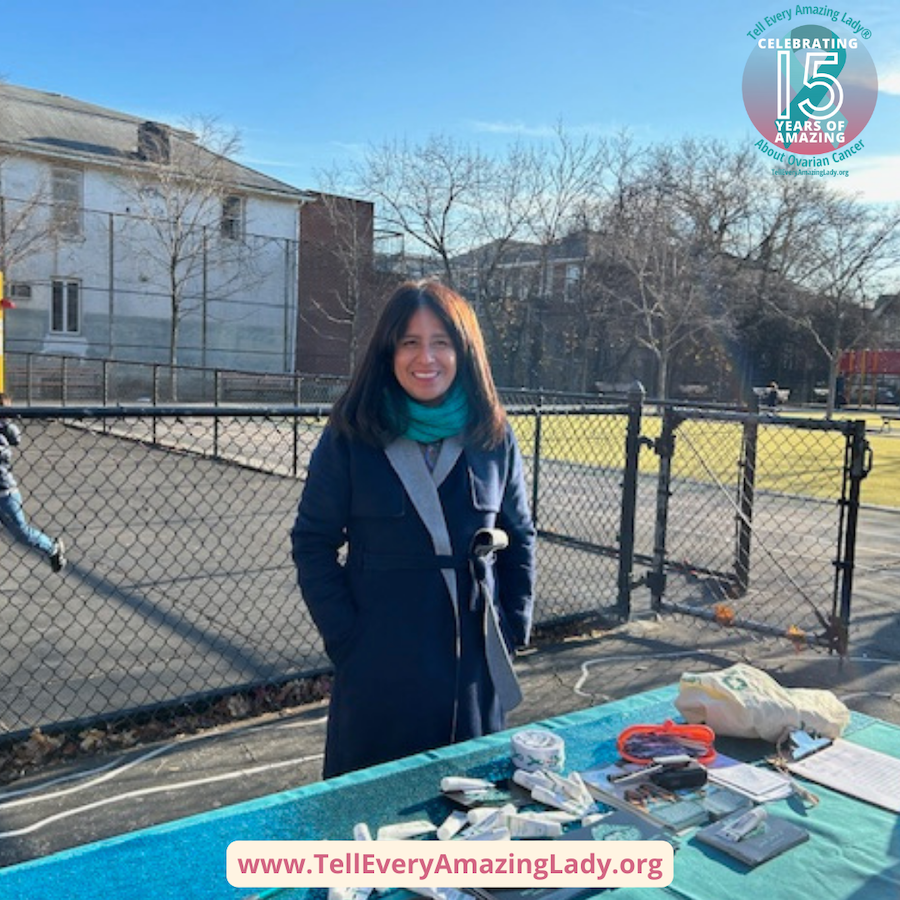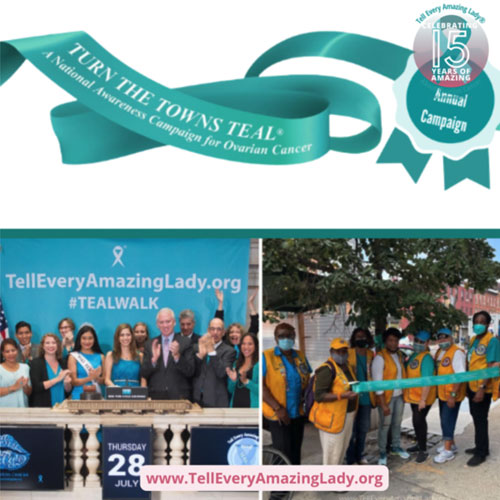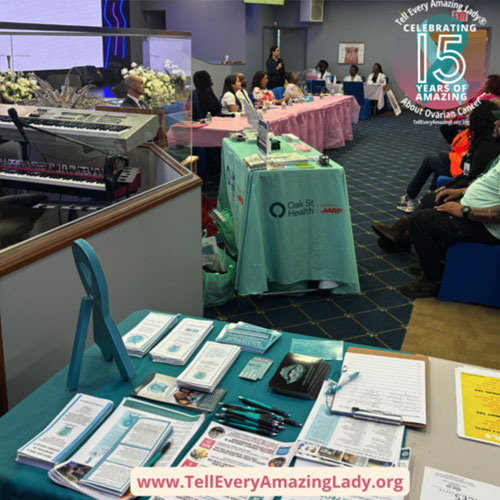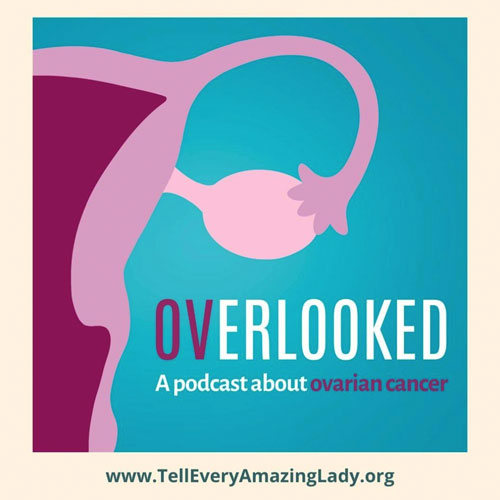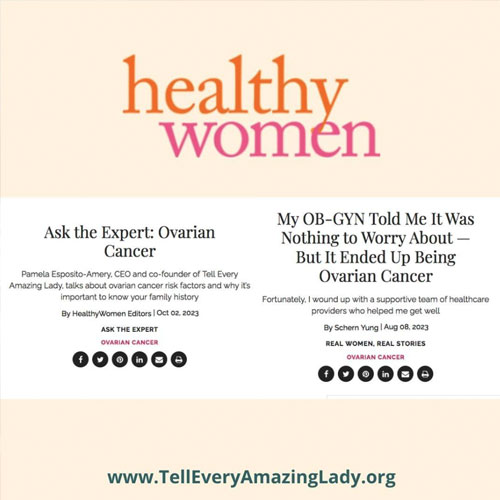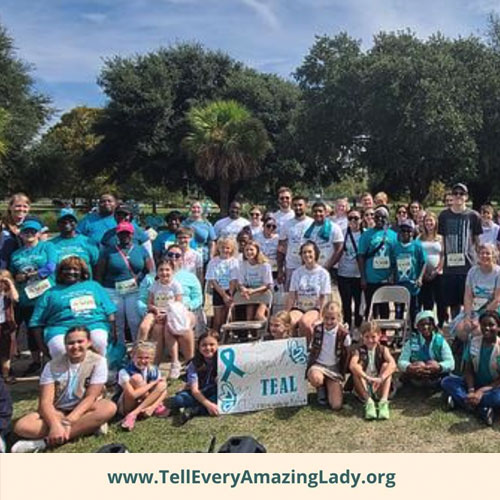Dr. Suzanne Trupin is the former Head of the Department of Obstetrics and Gynecology at the University of Illinois College of Medicine at Urbana-Champaign, and has been featured in national publications including “Harper’s Bazaar”, “Cosmopolitan,” “Glamour,” “Health,” and the Chicago Tribune. She is also the author of “Menopause—Making Peace With Change, the fifth edition.”
1.Why do we still hear that women over the age of 50 are at risk for Ovarian Cancer when we know that women a lot younger are diagnosed at an astounding rate? Not sure what you mean here?Women over 50 are at more risk than women under 50. The highest % of cases is actually diagnosed in women ages 50-59. Diagnoses of the family members, then find out your risk for associated diseases: colon cancers, prostate, breast, melanoma, uterine cancer and then
2.What can a woman do if she is at risk for Ovarian Cancer because of family history? First find out your actual risk, what screening tests you might need and what you can do to reduce your risk.
- What should every woman be doing?Get yearly pelvic exams, and converse with your gynecologic health care provider about any abnormal pelvic symptoms.
4.Where would you say most research should improve on? What area of research should be funded most? Improving the way the body fights off disease, the immune system; keep it young and healthy; figuring out how to immure immunity. Working on the inflammation side as well, how to keep inflammation at bay. This has begun to be studied with respect to CVD but not yet to gynecologic disease.
- What should all doctors be asking a woman at an annual visit?What concerns you? Do you have a reproductive plan and what is it? What is your overall strategy for good health: exercise, sleep, nutrition? How do you protect yourself from STDs? How is your bladder, your bowel function, and your menstrual cycle?
- How do you feel about genetic testing? Who is it appropriate for?Ultimately targeting care appropriately will mean identifying who is at risk for which diseases, and genetic testing is going to be a critical part of that care. I am in favor of using genetic testing that is currently available so that we can use cost effective, and evidence based medicine to achieve optimum health
